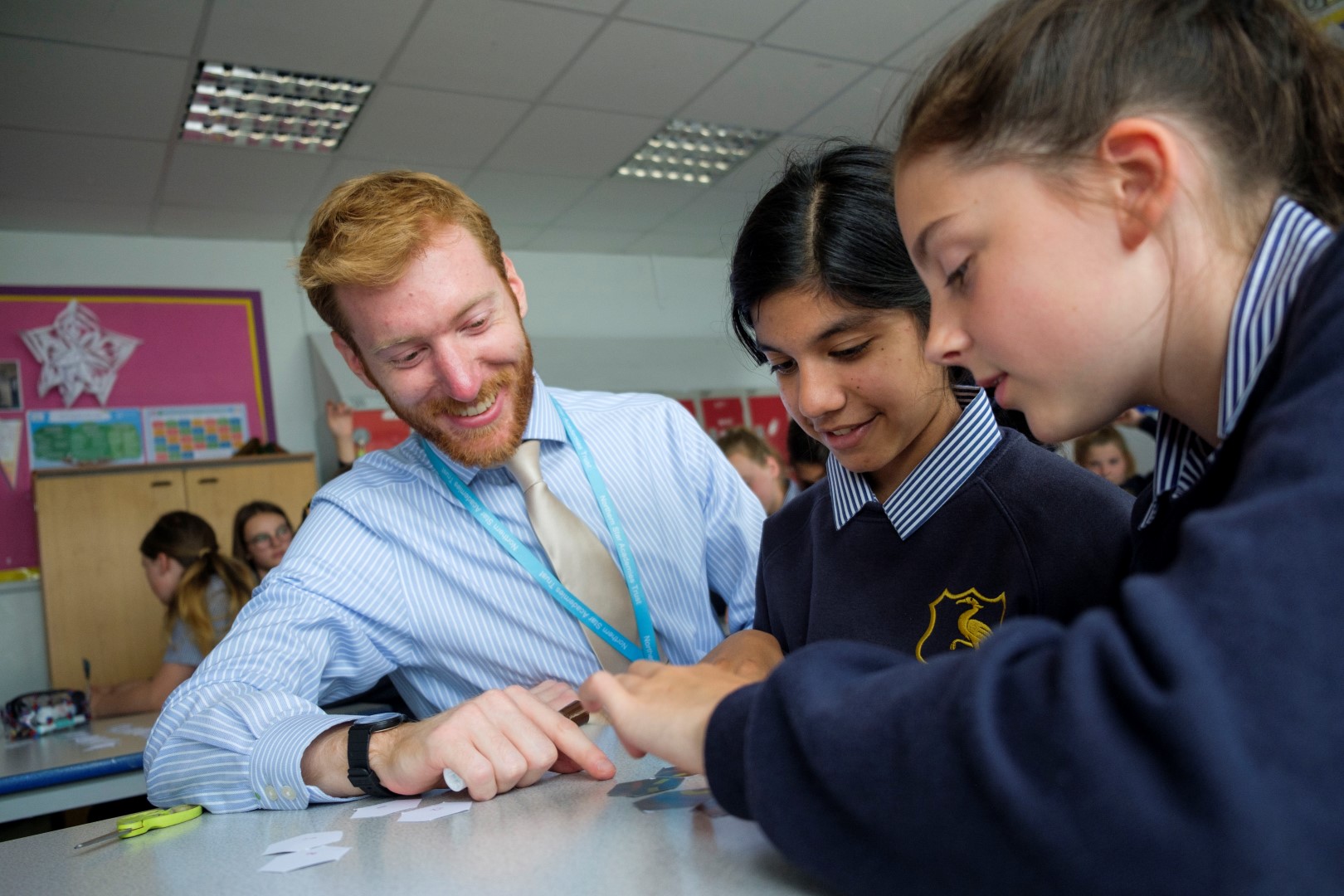View navigation
More in this section...
Advice for Parents & Carers
What can be more important than safeguarding children?
The answer should be ‘Nothing’.
What is safeguarding?
Safeguarding covers the actions we take to protect the welfare all our children.
Safeguarding and promoting the welfare of children refers to the process of protecting children from maltreatment; preventing impairment of children’s mental and physical health or development; ensuring that children grow up in circumstances consistent with the provision of safe and effective care and taking action to enable all children to have the best outcome.
Safeguarding is a priority in all our school. Safeguarding and promoting the welfare of children is everyone's responsibility. Everyone who comes into contact with children and their families and carers, has a role to play in safeguarding children.
What is child protection?
Child protection refers to the processes undertaken to protect children who have been identified as suffering or being at risk of suffering significant harm.
What should I do if I have a safeguarding concern?
If you have a safeguarding concern surrounding a child at any of our schools, please speak to the Schools Designated Safeguarding Lead (DSL). Details of who this is can be found in the reception of each school and on the school website. If in doubt, just ask.
Safeguarding Advice
Safeguarding is not just about being Online and E-Safety. In recent years, we often associate safeguarding very quickly with Online/E-Safety but sometimes forget that safeguarding can be a lot closer to home. Please don’t forget this.
Online/E-Safety
 |
 |
There is a wealth of information about this on the internet. Websites, such as Internet Matters, give a range of great advice for different age groups with age appropriate content. Click here to subscribe to the channel.
Another great site for advice is CEOP, again with age appropriate information for parents. There is also a way for children to report any concerns. Show your children where this is. They may not be confident telling you! CEOP work in partnership with ChildLine. Make sure your child knows how to and where to report a concern. Tell them the telephone number or even add it to contacts in their phone. The number is 0800 1111. They can chat with a councillor 1-2-1 counsellor chat | Childline or send a confidential email. Click here to subscribe to the videos on YouTube. Watch and discuss these with your child. Ongoing conversations are really important.
Phones, Gaming and Online Safety
How do most of us function without our phones? Whilst being incredibly useful, they can also be the cause of safeguarding issues, such as, illicit image sharing on SnapChat, TikToc, texts, WhatsApp. The list goes on. From a parent point of view, how do you know what a phone is being used for? Talk about it, check it and be vigilant.
Gaming is very popular but as a parent, do you know who they are talking to? Coupled with this, there are an ever increasing number of students who game until the early hours. This can be a safeguarding concern. It can lead to disengagement in school, social isolation, mental health issues, extreme tiredness to name a few. Content of some games is also a safeguarding risk. Why? Lots of inappropriate material within games and other tech can have the effect of normalising inappropriate behaviours and attitudes.
You must talk to your child or young person about staying safe and having a positive digital footprint. Don’t hide from the conversations about staying safe:
- sexting
- grooming
- drugs
- radicalisation
- porn
- fake news and misinformation
- screen time
- inappropriate content
- self harm
- privacy and identity theft
- cyberbullying
- inappropriate friendships and relationships
This list will continue to grow as technology and apps develop. This is why ongoing and open conversations are essential in keeping children and young people safe.
Other Safeguarding
Safeguarding is more than just the online world, though there are blurred edges between the two. Some children take risks, some do things they shouldn’t, go places they shouldn’t and sometimes put themselves in harms way. Look for the signs. Are they being exploited?
Some signs you may see in your child might include:
- Being secretive about how they are spending their time, including when online
- Having money or new things like clothes and mobile phones that they can’t or won’t explain
- Underage drinking or drug taking
- Being upset, withdrawn or distressed
- Spending more time away from home or going missing for periods of time
Peer on peer abuse, sexual violence, harmful sexual behaviour and sexual harassment are very concerning. Schools within our community take any instances of such behaviour very seriously as they do with all safeguarding.
In summary, we need to instil respect, a culture of openness, and to treat others as you want to be treated. Navigating the world is becoming more and more complex for children. We as adults need to help them navigate it safely.


